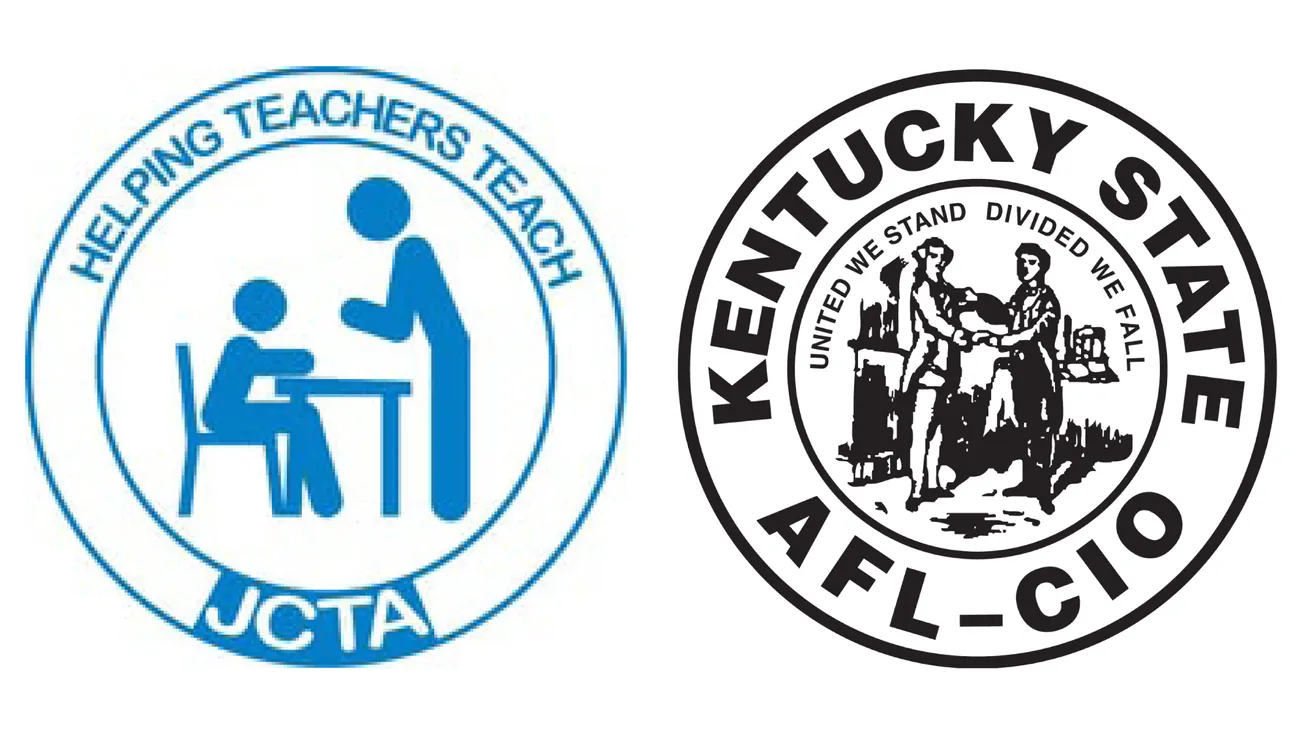For decades, many conservatives and libertarians have insisted that “government is the problem” and “the government can’t do anything as well as the private sector.” Some have gone so far as to embrace a form of anarchism and the abolition of all or almost all government. And even those who won’t go that far (because that would mean that THEY would have to give up power as well) still subscribe to the Grover Norquist goal of “making government so small we can drown it in the bathtub.”
So, for all my conservative and libertarian friends, here’s the question for today: as our nation begins to try to deal with a pandemic, how’s that drowned government looking to you now? As we watch the markets crash and the energy sector convulse, how’s that “leave it all to the free market” theory working for you?
Please note – this is not a call for “big government.” It is a call for a government that is big enough, and competent enough, to deal with a crisis like this.
It's not about big government or small government. It's about having a government that is BIG ENOUGH, and COMPETENT ENOUGH, to do what needs to be done in a crisis.Click To TweetWe need leadership at the federal, state, and local levels. We need coordination, we need project management, we need logistics, we need communications. In short, we need the sort of over-arching expertise, management, and leadership that government is supposed to provide in times of crisis.
Instead, what do we have? A confused, chaotic, ineffective response at the federal level, and states having to go their own way because of it.
What caused this? As Laurie Garrett writes in Foreign Policy,
In 2018, the Trump administration fired the government’s entire pandemic response chain of command, including the White House management infrastructure. In numerous phone calls and emails with key agencies across the U.S. government, the only consistent response I encountered was distressed confusion. …
In the spring of 2018, the White House pushed Congress to cut funding for Obama-era disease security programs, proposing to eliminate $252 million in previously committed resources for rebuilding health systems in Ebola-ravaged Liberia, Sierra Leone, and Guinea. Under fire from both sides of the aisle, President Donald Trump dropped the proposal to eliminate Ebola funds a month later. But other White House efforts included reducing $15 billion in national health spending and cutting the global disease-fighting operational budgets of the CDC, NSC, DHS, and HHS. And the government’s $30 million Complex Crises Fund was eliminated.
In May 2018, Trump ordered the NSC’s entire global health security unit shut down, calling for reassignment of Rear Adm. Timothy Ziemer and dissolution of his team inside the agency. The month before, then-White House National Security Advisor John Bolton pressured Ziemer’s DHS counterpart, Tom Bossert, to resign along with his team. Neither the NSC nor DHS epidemic teams have been replaced.
The global health section of the CDC was so drastically cut in 2018 that much of its staff was laid off and the number of countries it was working in was reduced from 49 to merely 10. Meanwhile, throughout 2018, the U.S. Agency for International Development and its director, Mark Green, came repeatedly under fire from both the White House and Secretary of State Mike Pompeo. And though Congress has so far managed to block Trump administration plans to cut the U.S. Public Health Service Commissioned Corps by 40 percent, the disease-fighting cadres have steadily eroded as retiring officers go unreplaced.
As much as the “smaller government” people might hate the thought, figuring out the things that government should do, then budgeting for those things and staffing for those things is part of being a functioning democracy. And one of the things that government should definitely do is public health.
It’s time for people on both sides of the aisle to realize that a functional, competent government is important, and sometimes critical. This is one of those critical times.
Unfortunately, our current federal government is neither functional nor competent. Let us hope our state and local governments are.
–30–







